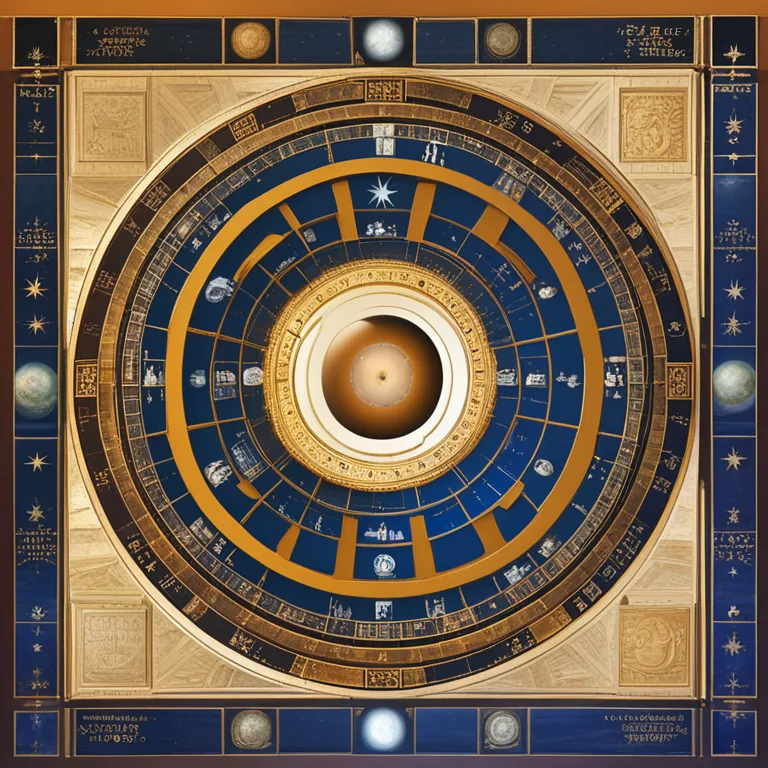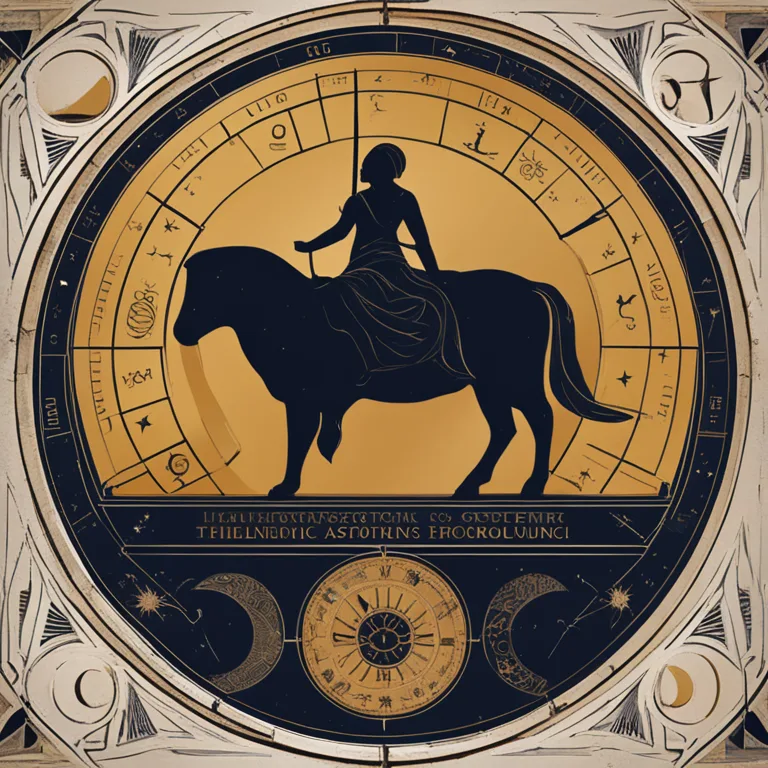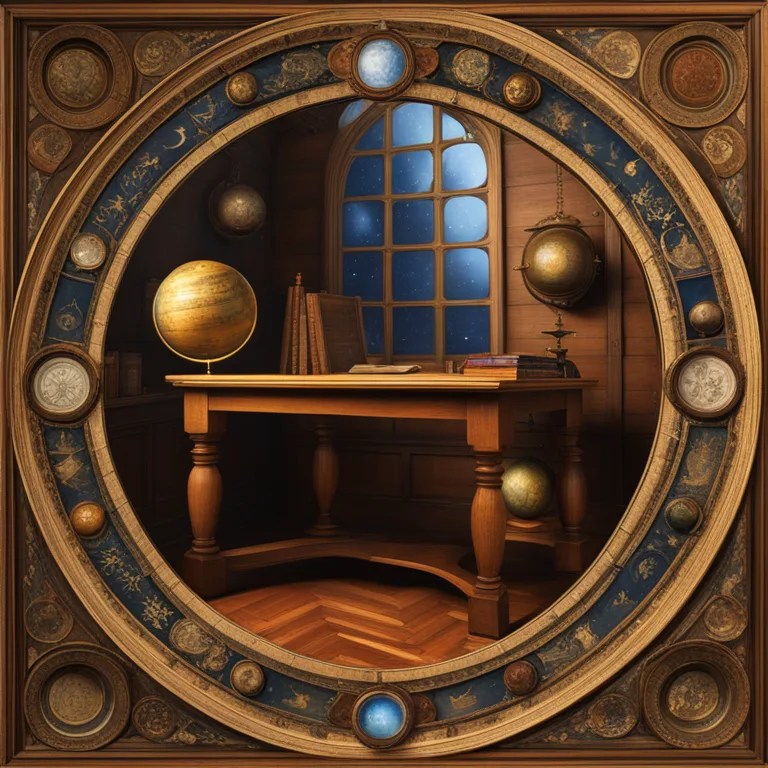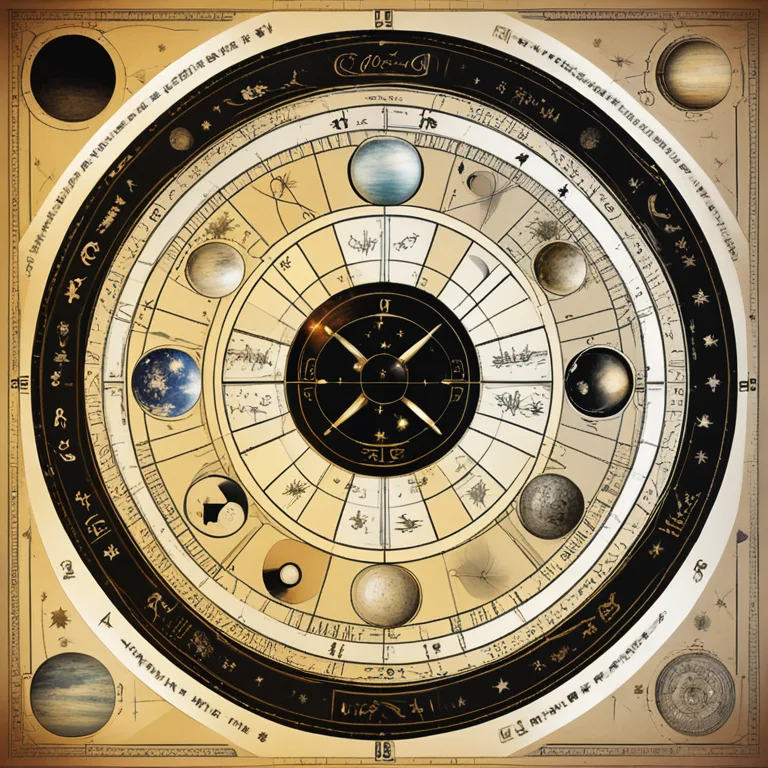
The Origins and Journey of Astrology
A concise exploration of astrology's rich history, from ancient times to its modern resurgence.
article by Priya Deshmukh
Ancient Beginnings
Astrology's roots can be traced back several millennia to ancient civilizations where the heavens were a source of awe and mystery. The Babylonians are often credited with the birth of astrology during the 2nd millennium BC. Their detailed records of planetary movements laid the foundation for the zodiac and influenced successive cultures. The Egyptians and Greeks further refined astrological practices, integrating them into their societal fabric. This ancient science was not just a means to predict the future but was also used to guide agricultural practices and mark the passing of seasons.

The Hellenistic Flourish
The Hellenistic period marked a significant evolution of astrology with the melding of Babylonian, Egyptian, and Greek knowledge. Astrologers began to develop horoscopes based on precise times and places of individual births, leading to the personal astrology practices we recognize today. The consolidation of the zodiac into twelve signs and the creation of the houses in a chart during this era set the structure for future astrologers. This period also saw the rise of the idea that the positions of celestial bodies at birth could influence one's personality and fate.

The Medieval and Renaissance Revival
Astrology experienced a resurgence during the Middle Ages and Renaissance as scholars in the Islamic world and later in Europe sought to revive and expand ancient knowledge. Astrological texts were translated from Arabic to Latin, leading to a wider dissemination of astrological theory and practice. Renaissance Europe embraced horoscopes with enthusiasm, and astrology was part of the scholarly and daily life, influencing everything from medical practices to political decisions.

The Modern Skepticism and Resurgence
The Scientific Revolution introduced a wave of skepticism towards astrology as the empirical method gained prominence. Astrology's influence waned as it was increasingly separated from emerging scientific understandings of the universe. Yet, astrology did not disappear; it found a new audience with the advent of spiritualism and the New Age movement in the 20th century. Today, with the digital age and astrology apps, it is experiencing a modern revival, appealing to those seeking personal insight and celestial guidance for the coming years, including forecasts relevant for 2024 and beyond.

Astrology in the Future
Astrology's adaptability to changing times is perhaps its strongest suit. As we look towards the future which includes the transits of major planets in 2024 and their impact on various sun signs, astrology will continue to evolve. Trends suggest that technological advancements will enable more personalized and accurate readings, with a resurgence of interest in how cosmic events like retrogrades, eclipses, and planetary alignments can influence individual and collective fortunes.
The Cultural Tapestry
Astrology remains a vibrant tapestry woven into our cultural fabric that defies the boundaries of time. Its journey from ancient divination to modern self-exploration reflects humanity’s enduring quest to find meaning in the cosmos. As generations advance, astrology likely retains a place in our quest for understanding the complex interplay between the stars and our lives, reassuring us of our connection to the wider universe.
Published: 12/29/2023
Modified: 12/29/2023
More predictions
Come back here soon to learn more about yourself and your future


The Rhythms of Your Birth Chart
Delve into the significance of your birth chart and what the celestial patterns at your birth reveal about your potential, personality, and life path.


Birth Charts: A Beginner's Guide Explored
Delve into the basics of birth charts, the celestial snapshot of your potential. Learn how they influence personality and life in our beginner's guide.


Asteroids & A Birth Chart: Cosmic Insights
Delve into the role of asteroids in astrology and discover how these celestial bodies influence your birth chart and personal journey.